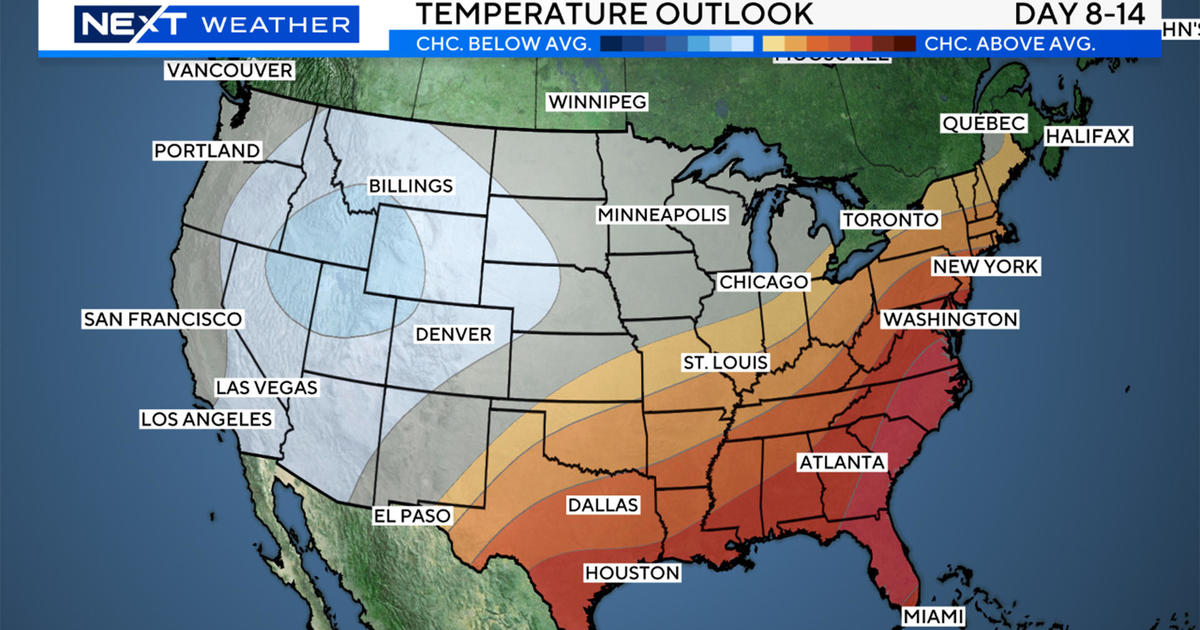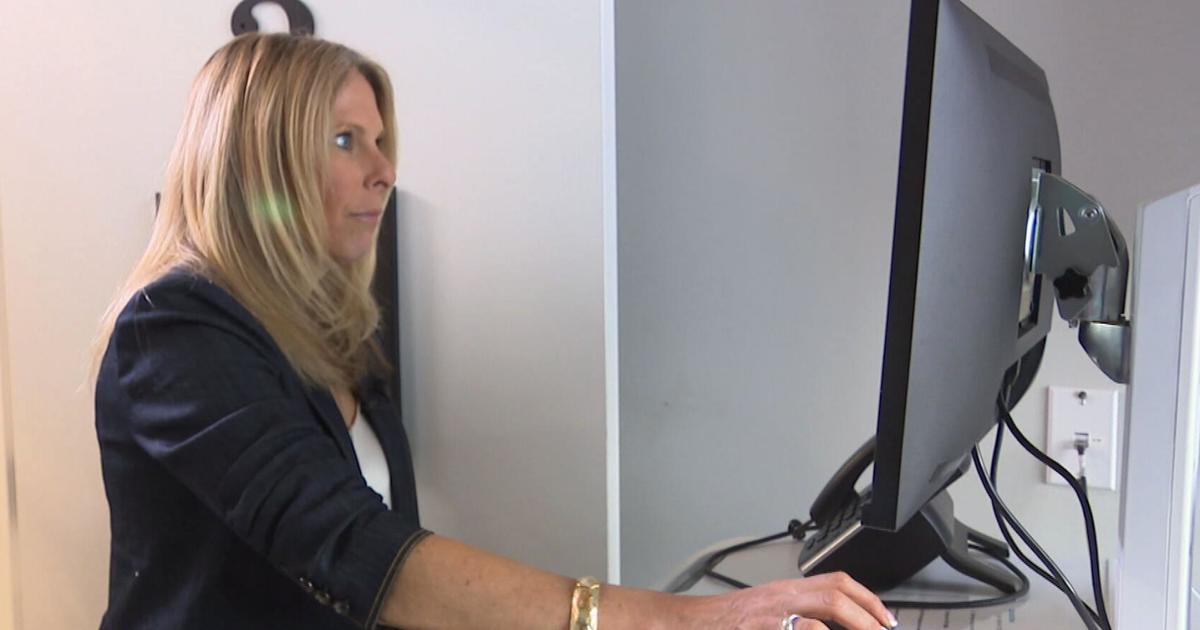Will Central Air Be Safe During Warmer Weather? Dr. Mallika Marshall Answers Your Coronavirus Questions
BOSTON (CBS) – As the number of coronavirus cases continues to grow, we are receiving a number of questions from the public. Dr. Mallika Marshall answered some of the questions sent to WBZ-TV's Facebook, Instagram, and Twitter accounts.
Is it okay to take a walk in the Fellsway with a cousin who lives nearby, if we stay 6 feet apart? - Penny
There has been some chatter online that walkers and joggers and cyclists can release respiratory droplets that could endanger people traveling directly behind them. This needs to be researched further. In the meantime, I generally think you should only go for a walk with others who live in your household and keep at least a 6-foot distance or more between you and others on the Fellsway.
I'm thinking ahead to warmer weather. Is central air conditioning safe to use and when is it safe to have someone come in the house for maintenance? - Harriet in Newton
Right now experts don't think the virus can easily spread through heating and cooling ducts but you should make sure systems are cleaned and working properly. You obviously want to limit people coming into your home right now, but if something is urgent, ask the technician to wear a mask and gloves and wipe down everything he or she has touched while in your home.
I know they want to track where a person has gone and who they have come in contact with. But are they now saying that everyone should get tested whether they are showing symptoms or not? - Carole
Right now, testing remains limited. We still can't test most people with symptoms, much less people without symptoms. Hopefully, that will change as testing becomes more readily available so we can better trace where the virus in our communities and isolate it.
If hospitals become overwhelmed, how will they decide who receives lifesaving treatment and who won't? - Mike, Facebook
Such a tough question, and hopefully it won't come to this, but public health officials have issued guidelines on how life-saving equipment, like ventilators, would be distributed if there was a shortage. It's based on a point scale that takes into account a patient's age, underlying health problems, and their likelihood of survival. They specifically say factors like gender, race, sexual orientation, disability, and socioeconomic status would not be considered.



